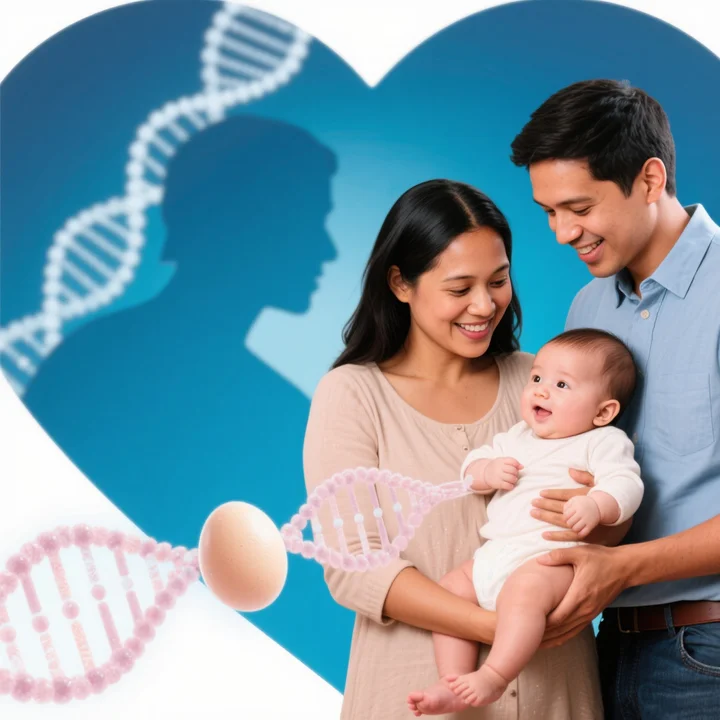The answer depends on legal, biological, and emotional perspectives. Here’s a clear breakdown of motherhood in donor egg cases:
1. Biological Mother (Genetic Definition)
✅ The egg donor is the genetic mother because she contributes the DNA.
- The baby inherits traits (eye color, height, etc.) from her.
- However, she typically has no legal or parenting rights (if using an anonymous donor).
2. Birth Mother (Gestational Carrier)
✅ In gestational surrogacy:
- The surrogate carries the pregnancy but has no genetic link.
- She is not considered the “mother” legally or biologically.
⚠ In traditional surrogacy:
- The surrogate is the biological mother (her egg + intended father’s sperm).
- This is rare today due to legal risks.
3. Legal Mother (Intended Mother or Adoptive Parent)
✅ Who is recognized as the mother on the birth certificate?
- If the intended mother is married to the sperm provider, she is automatically the legal mother (in most countries).
- If using a surrogate, legal parenthood is established via pre-birth orders or adoption.
✅ Same-sex couples/single parents:
- The intended mother (or non-biological parent) may need to complete a second-parent adoption.
4. Social/Emotional Mother (Parental Role)
✅ The woman who raises the child (intended mother) is the ”real mother” in a practical, emotional sense.
- Biology doesn’t define parenting—love, care, and legal responsibility do.
5. Can a Donor Egg Baby Have Two Mothers?
✅ Yes, in some cases:
- If a same-sex female couple uses one woman’s egg and the other carries, both may be legal mothers.
- If a trans woman provides sperm and her partner carries a donor egg baby, both are parents.
6. Key Takeaways
✔ Genetic mother = Egg donor (but she has no parental rights).
✔ Birth mother = Only in traditional surrogacy (rare).
✔ Legal mother = Intended mother (or adoptive parent).
✔ Emotional mother = The one who raises and loves the child.
Final Answer:
- Biologically: The egg donor.
- Legally & emotionally: The intended mother.




